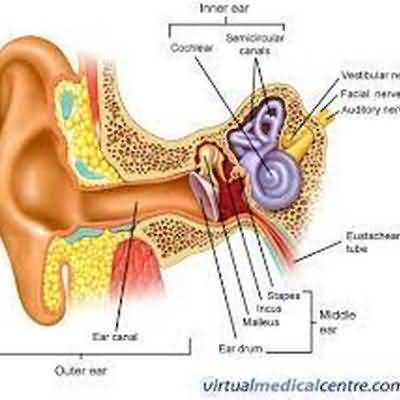ototoxicity
ototoxicity
Ototoxic substances may affect both the auditory and vestibular systems
The most commonly used ototoxic medications are aminoglycosides; loop diuretics; and several antineoplastic agents, notably cisplatin
These medications may cause irreversible hearing loss even when administered in therapeutic doses
When using these medications, it is important to identify high-risk patients, such as those with preexisting hearing losses or kidney disease
Patients simultaneously receiving multiple ototoxic agents are at particular risk owing to ototoxic synergy
Useful measures to reduce the risk of ototoxic injury include serial audiometry, monitoring of serum peak and trough levels, and substitution of equivalent nonototoxic drugs whenever possible
It is possible for topical agents that enter the middle ear to be absorbed into the inner ear via the round window
When the tympanic membrane is perforated, use of potentially ototoxic ear drops (eg, neomycin, gentamicin) is best avoided


















